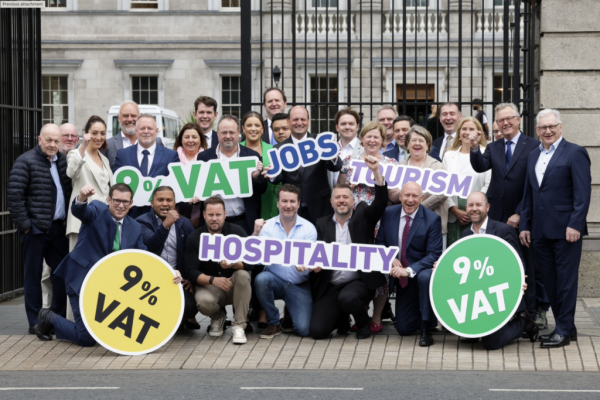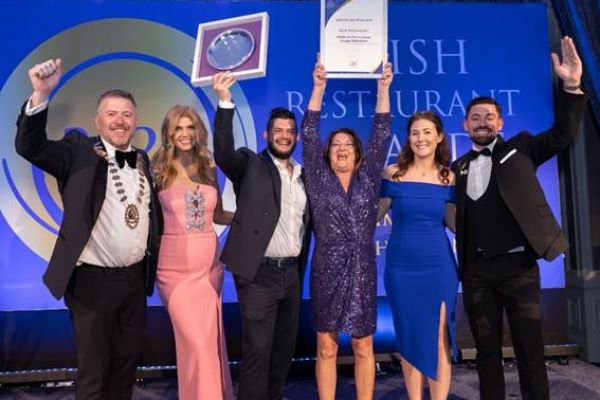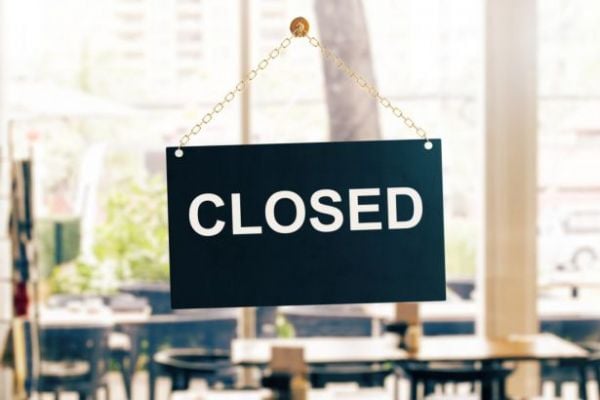In light of a new economic impact report by economist Jim Power which assesses the impact that a 1% increase in the tourism VAT rate would have on the sector, Restaurants Association of Ireland CEO Adrian Cummins has expressed concern over any potential increase in the current reduced rate of 9%.
At present, the food service and accommodation sector employs 152,200 people directly and 17,388 indirectly. The report indicates that it is not beyond the bounds of possibility that up to 4% of these jobs could be shed, which would equate to around 6,000 jobs, both part-time and full-time. This would leave rural areas particularly vulnerable, according to Power.
A comparative of Q2 2011 and Q1 2017 demonstrates that between the two periods, the number of people working in the food service and accommodation sector increased by 37,800 nationally due to the reduced VAT rate, taking total employment numbers from 114,400 to 152,200.
The report found that restaurants in general will suffer if visitor numbers from the UK continue to decline due to sterling weakness, with restaurants in the border counties being particularly vulnerable to sterling weakness as less people will come across the border from Northern Ireland and customers from the Republic will have a financial incentive to go north of the border.
Additionally, Power highlighted a number of potential post-Brexit threats to the restaurant sector, including sterling weakness putting indigenous Irish exporters under pressure; the outlook for the UK tourism market becoming pessimistic if the common travel area is not preserved; and travel between Ireland and the UK being adversely affected should the UK leaves the EU's open skies arrangement.
The report also noted that the recent growth in visitors from North America is potentially under threat due to a recent weakness of the US dollar against the euro damaging the competitiveness of the tourism product from US visitors, and if dollar weakness is sustained, it poses a significant threat over the coming year.
Power concluded that in any consideration of a 1% VAT increase in Budget 2018, the impact on the overall competitiveness of the tourism sector needs to be the key consideration. He asserted that if the 1% VAT increase were to be passed on to consumers, it would seriously damage the competitiveness of a sector that is already coming under significant pressure from currency movements and other cost pressures.









